For those of us who find ourselves traveling frequently with our photography gear, we are always looking for easier and better ways to keep our expensive gadgets safe. Here are some tips and suggestions of things I frequently ask myself or do to keep my gear better protected (both from the elements and from being put into the wrong hands).
Plan Ahead
First, and the most obvious, is to determine where you will be traveling to. What type of environment will you be in and what elements do you need to protect your gear from. Dust, water, hot or cold temperatures, etc. Then determine the best kind of bag to put your camera and gear in which will protect it from these elements. Find a bag that is size appropriate for the type of traveling you will be doing keeping in mind that the smaller amount of gear you have the easier life will usually be. It's also important to know how you might be traveling, what kind of space is available on the buses, trains, etc. that you will be taking. This will also help you determine the size of bag and how much gear you can bring.
Don't look like a photographer
I generally like to keep a low profile while traveling and not look like I have a lot of expensive gear on me. I do this for two reasons. First, to try and be less intimidating with the people I am interacting with and second to keep any unnecessary attention away from me and my gear. My camera bag does not look like a common camera bag as there are no identifying logos on it. I also never take out my camera if I'm on a bus or in a populated place when I'm not actually shooting.
I will also downsize while in the field if I have to travel with a lot of different gear. I will bring a small day pack with me that I can throw my camera and a single lens into and look very low key. The rest of my gear is left back where I am staying.
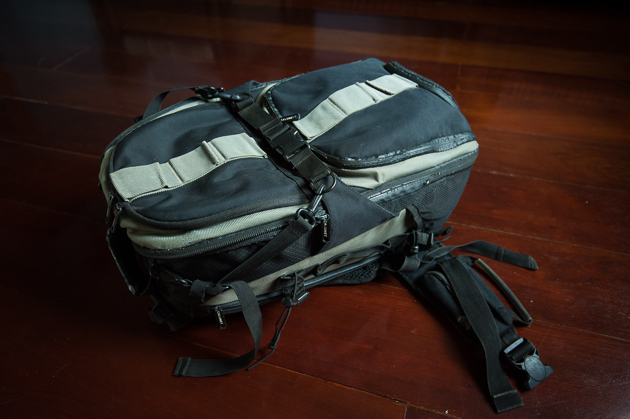
Have a Companion
Travel with someone or find a trusted guide. I am often traveling alone, so when I have a companion I realize just how helpful it really is. Aside from having someone to share your experiences with, a second person can casually keep an eye on your gear while you are shooting and provide that extra layer of safety and assurance.
Keep your Gear Close to You
If you can see your camera or camera bag all of the time, then it's less likely you will forget it or someone else will run away with it. If you're getting in a taxi, don't place your camera bag in the trunk put it in the backseat with you. We often have a lot on our minds when we are traveling, so keep your gear near to you and you wont forget anything. I also find that if I'm sleeping in a public area or on a bus or train, I will wrap one of my bag straps around my wrist to prevent anyone from just grabbing it and running off. A little paranoid perhaps, but I have never had any camera gear stolen or left behind before.
Travel with Confidence
If you project a sense of confidence while traveling, in general, more people will leave you alone and thieves/scam-artists may have a second thought and look for an easier target. Likewise, listen to your intuition which will generally keep you out of sketchy situations. For everyday travel, having confidence is probably one of the most important ingredients in protecting yourself and gear.
Write it Down
Write down the serial numbers of your gear before heading out. If your gear is somehow stolen or misplaced it may appear at a lost-and-found, police station or pawn shop at some point. Having the serial numbers will help verify the gear is yours. There are also services like www.stolencamerafinder.com which can track photos taken with your camera that have been uploaded online.
Additional Quick tips:
1. Place small silicon packs in your camera bag to help remove any moisture that may collect if you are in a humid place. These are inexpensive and can be found at most camera stores.
2. If you are staying in an air-conditioned room or vehicle (or a heated room/vehicle), keep your camera and lenses in their bag. This will help keep the temperature more constant so if you need to use them right away outside the temperature difference will not be as extreme (creating foggy lenses and condensation).
3. If you sweat a lot like I do – I often find that much of my sweat ends up on the camera. I always use a damp towel with fresh water to clean my camera after I'm done to remove any salt that may be left on it. In addition to this, I now move all of the knobs and buttons on my camera from time to time. I find there are certain knobs on my camera that I never use (like the lock switch and finder blind) which will eventually corrode and become unusable from the salt left behind. On my Nikon D700 my finder blind no longer works likely because of my sweat over time creating corrosion on the lever. Now, I turn all my knobs and switches from time to time to make sure they stay working.
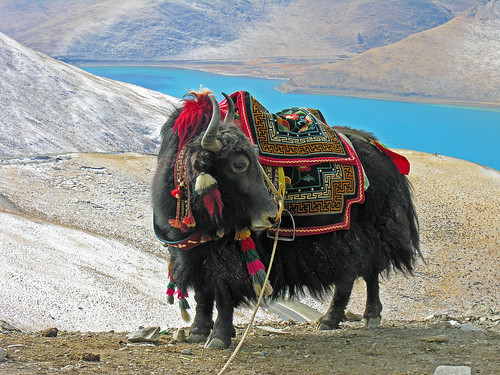



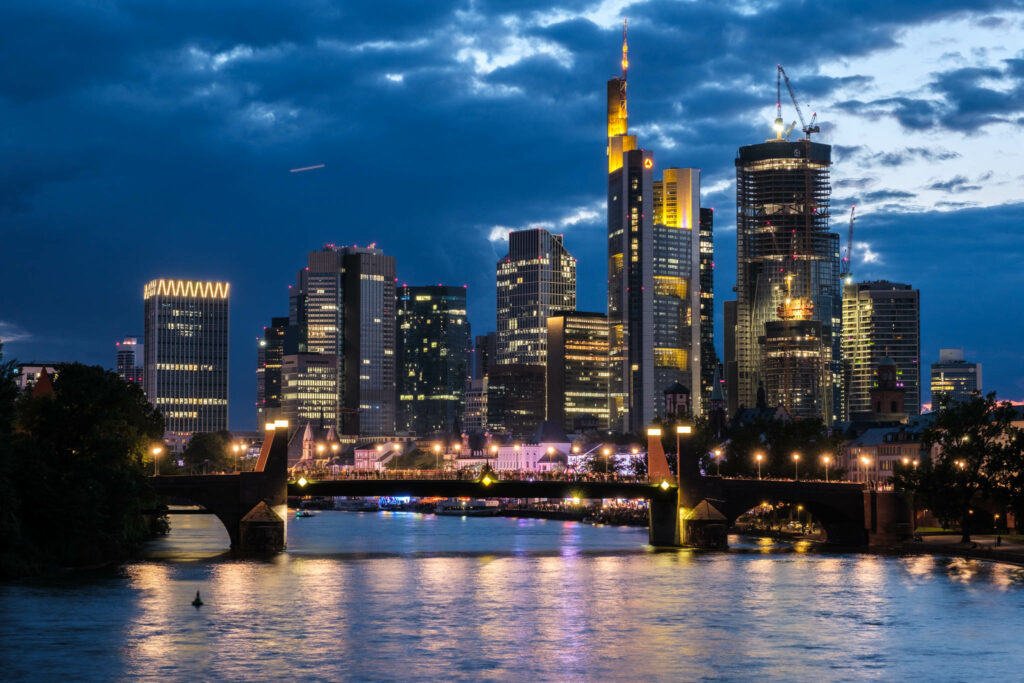
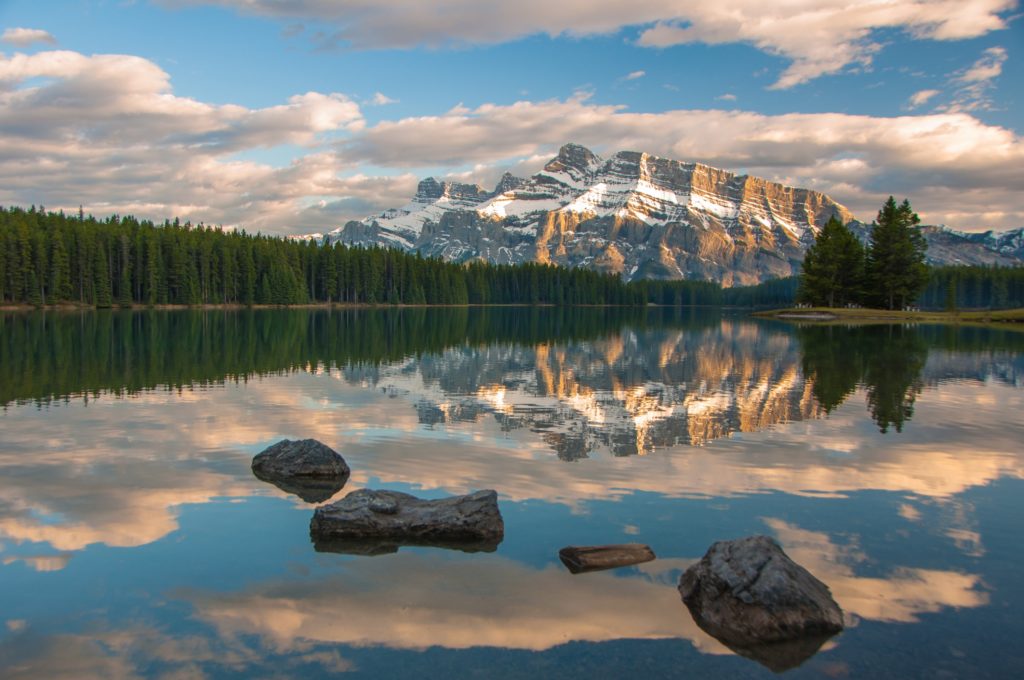
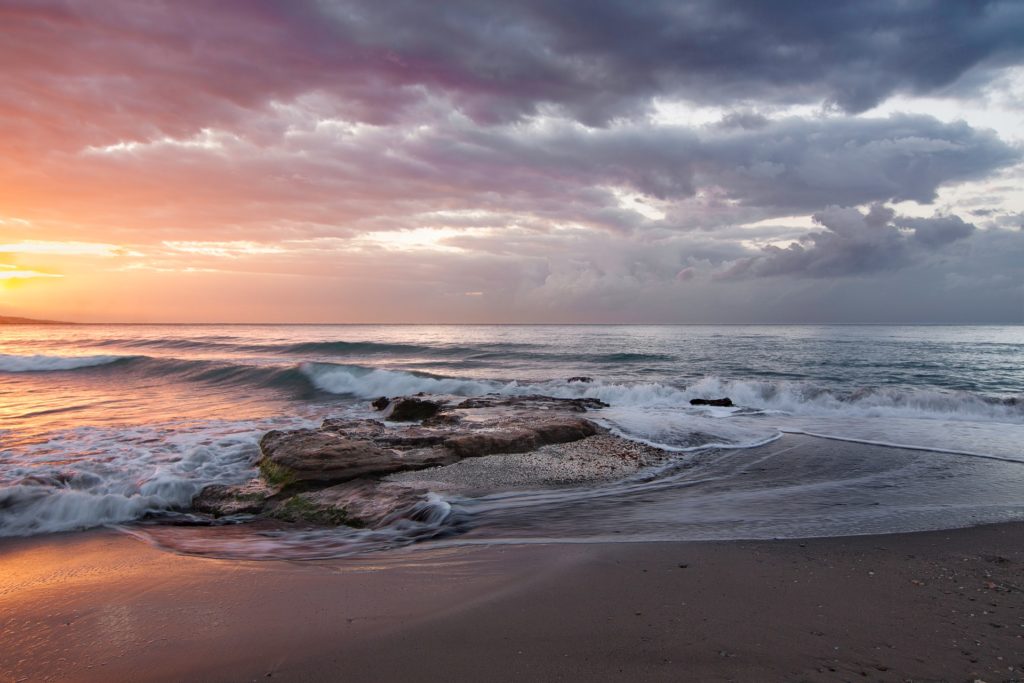
8 Comments
thnakyou … some of them i have been practising and some i will start on
Thanks for the great tips! Can you tell me the name of the brand and the model of the camera gear bag pictured, please?
It’s the Calumet BP1500 Large Backpack:
Great information! Thanks for sharing.
SILICA, not silicon
I have a 2 foot very light chain secured to the camera and looped over my belt with small carabiner hooks. Two episodes showed that this works. The first was with two Peruvian policemen at the next table (“Seguridad, muy bueno,” one said). The second was when a couple of guys approached me very rapidly, pointing at my camera. As they got within a few feet of me they stopped, pointed at the chain and my belt, have me thumbs up, and left/. Clearly, this would no have been an easy snatch and grab. Total cost was about two dollars.
Great Tips 🙂
You forgot one of the best ways to look after your gear… Go where there are no people to steal it… ideally, no other people.